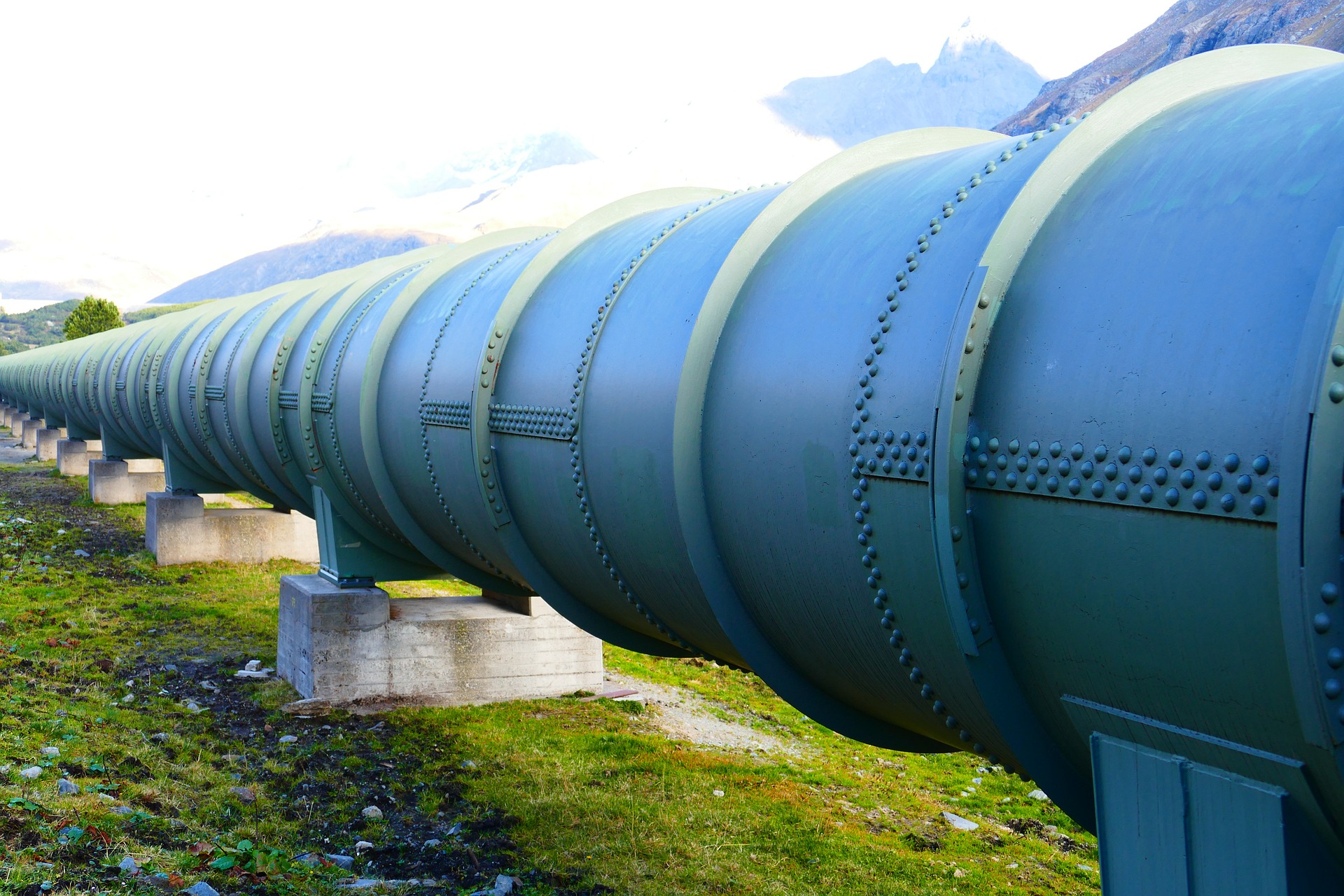Controversy broke out recently over the operations of the Line 5 pipeline, between the Biden administration, the Canadian government, Michigan Gov. Gretchen Whitmer, and several tribal nations.
Line 5 is a massive pipeline that delivers almost 23 million gallons of light crude oil, light synthetic crude, and natural gas liquids through Michigan – starting in Superior, Wisconsin, ending in Sarnia, Ontario, Canada.
This pipeline supplies 55% of Michigan’s statewide propane needs, in addition to approximately 65% of the upper peninsula’s demand.
In a section where the line splits in two, it runs under the Straits of Mackinac – connecting both Lake Michigan and Huron.
The Line 5 straits have never experienced a leak in its 65-year history, according to Enbridge. But that’s not stopping Gov. Whitmer and Michigan AG Dana Nessel from ordering them to close down Line 5.
Enbridge was ordered to close it within six months of November 2020, or by May 12, but they had no intentions to cooperate with this mandate.
Enbridge filed a lawsuit against the closure order and argued the safety and full compliance that Line 5 follows with federal pipeline safety standards and the Pipeline and Hazardous Materials Safety Administration (PHMSA).
They are not the only party in the argument here after a group of 12 tribal nations also warned that a potential leak from the Line 5 pipeline would have devastating impacts on the environment and coastal economies of the Great Lakes and Michigan.
In a letter addressed to Biden, the tribal nations say that “In contrast to Canada’s vocal support of Enbridge, and despite what we understand to be the Governor’s requests for help, your Administration has thus far been silent regarding Line 5.”
Their letter asks that Biden backs Gov. Whitmer’s shutdown order, and allows the tribal nations a seat at the negotiation table with the Canadian Government.
But the shutdown of Line 5 could cost much more to the lives and economy of the country’s people. Several House members have argued that Line 5 is “essential to the lifeblood of the Midwest.”
“Should this pipeline be shut down, tens of thousands of jobs would be lost across Ohio, Michigan, Wisconsin, and the region; billions of dollars in economic activity would be in jeopardy, and the environment would be at greater risk due to additional trucks operating on roadways and railroads carrying hazardous materials where that is even possible,” the letter reads. “Additionally, as we enter the winter months and temperatures drop across the Midwest, the termination of Line 5 will undoubtedly further exacerbate shortages and price increases in home heating fuels like natural gas and propane at a time when Americans are already facing rapidly rising energy prices, steep home heating costs, global supply shortages, and skyrocketing gas prices.”




